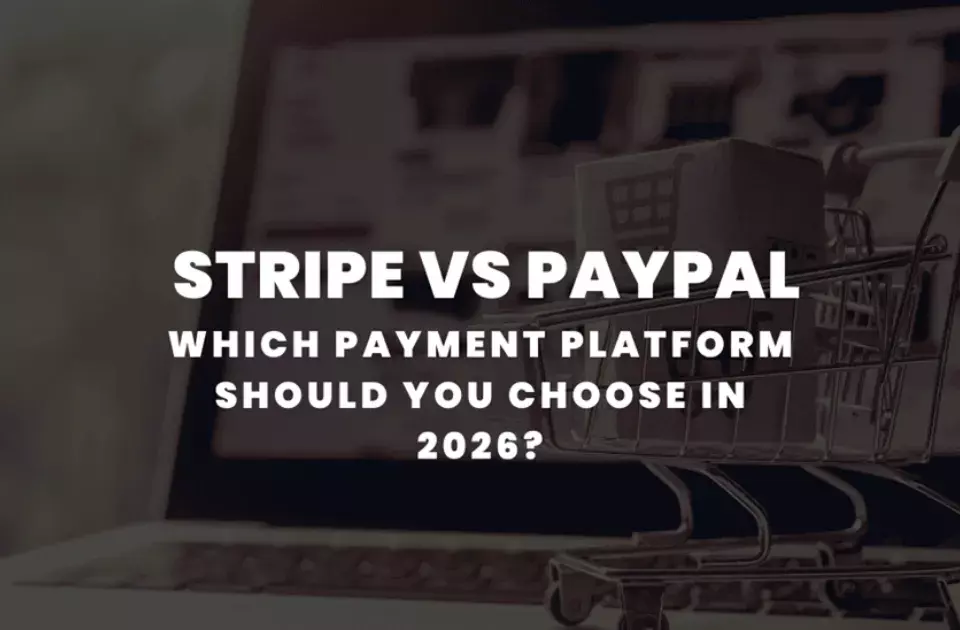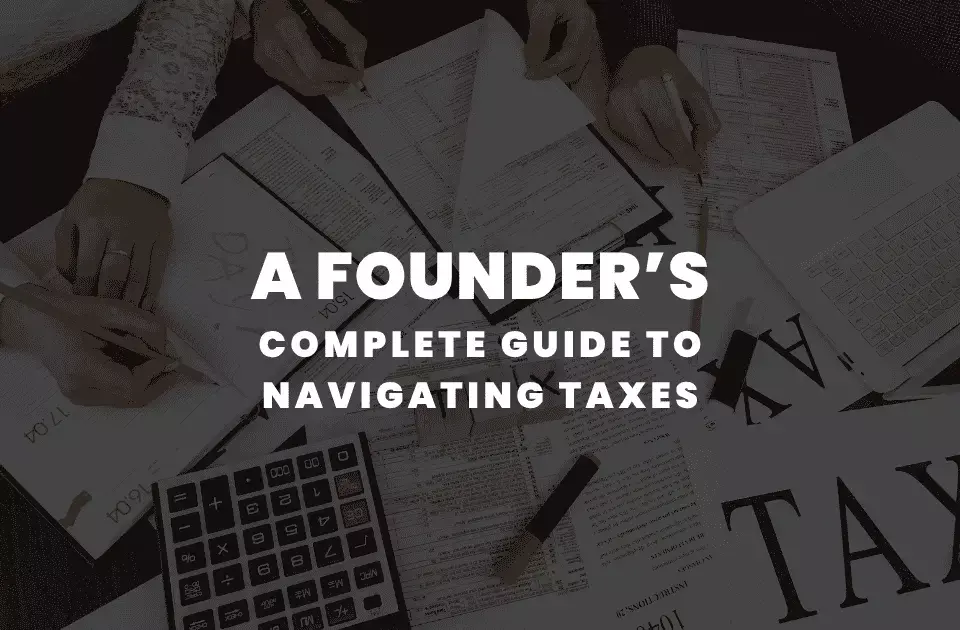What Is a Payroll Card? Definition, Benefits, And Demand

How To Do Payroll Calculations? Complete Guide for Employers
March 24, 2023
What Is Payroll Management? How To Determine Pay Frequency?
March 28, 2023What Is a Payroll Card? Definition, Benefits, And Demand
What Are Payroll Cards?
A payroll card is a prepaid debit card that an employer offers employees as an alternative to paper checks or direct deposit. Payroll cards are loaded with the employee’s net pay and can be used to withdraw cash, make purchases, or pay bills.
Employees who sign up for a payroll card are typically issued a physical card with a unique account number and PIN. The employer then loads the employee’s net pay onto the card on payday, either automatically or through a manual process. The employee can then use the card to purchase or withdraw cash at ATMs or bank branches.
Payroll cards offer employees a convenient way to access their wages without needing a traditional bank account. Payroll cards also eliminate the risk of lost or stolen checks and can be used to make purchases online or in-store. Additionally, some payroll card programs offer perks like cashback rewards, discounts, or free ATM withdrawals.
Now as we know what is payroll card, it’s worth noting that payroll cards are subject to regulation under the Electronic Fund Transfer Act (EFTA) and Regulation E, which govern consumer protections for electronic funds transfers. Employers must provide employees with certain disclosures regarding fees and terms associated with using the card, and employees have certain rights to dispute unauthorized transactions or errors.
What Are the Benefits of Payroll Taxes?
Here are some potential benefits of using payroll cards:
Convenience
Payroll cards offer a convenient way for employees to access their funds without needing a bank account or physical checks. They can use the card to make purchases, withdraw cash, and pay bills, just like a traditional debit card.
Cost Savings
Employers can save money on printing and distributing physical checks and the administrative costs associated with managing direct deposit accounts. Employees may also save money on fees associated with check cashing services.
Security
Payroll cards can be more secure than physical checks, which can be lost or stolen. The cards typically have fraud protections and can be replaced if lost or stolen.
Financial Inclusion
Payroll cards can be a useful tool for employees who do not have access to traditional banking services, such as those who are unbanked or underbanked.
Tracking And Reporting
Employers can easily track payroll expenses and generate reports using payroll card systems to streamline accounting processes and help with tax filings.
However, it is important to note that not all payroll cards are created equal, and some may come with fees and limitations that could be costly for employees. Employers should carefully evaluate different payroll card providers and policies to ensure they offer their employees a reasonable and beneficial option.
Read Also: How To Do Payroll Calculations? Complete Guide for Employers
How Has The Demand For A Payroll Card Changed Recently?
Payroll cards have become increasingly popular in the United States, particularly for hourly and part-time workers. According to a 2020 survey by the American Payroll Association, 30% of organizations currently offer payroll cards as a payment option, up from 17% in 2011.
One reason for the popularity of payroll cards is that they can be a more convenient and cost-effective alternative to traditional paper checks or direct deposit. Payroll cards can also provide financial access to employees who may need a bank account.
During the COVID-19 pandemic, the demand for payroll cards increased as more people turned to remote work and digital payment options. However, it’s important to note that state laws and regulations and employer and employee preferences may also impact payroll card users.
How Does A Payroll Card Work?
A payroll card, or prepaid debit card, is a payment card loaded with an employee’s wages or salary by their employer. Here’s how it works:
– The employer loads the employee’s wages or salary onto the payroll card.
– The employee can use the payroll card to purchase or withdraw cash from ATMs.
– The employee can also use the card to pay bills online or over the phone.
– Employees can check their balances and transactions online or through a mobile app.
– The card can be reloaded with additional funds when needed.
Payroll cards work similarly to prepaid debit cards, but they are designed for employees to receive their wages or salary. They offer a convenient alternative to traditional paper checks and direct deposits, particularly for employees who need a bank account or prefer not to use one for their payroll deposits.
However, it’s important to note that payroll cards may come with fees for certain transactions, such as ATM withdrawals or balance inquiries, so employees should review the terms and conditions of their cards before using them.
In A Nutshell
Now if someone asks, what are payroll cards, you got the answer! They are basically prepaid debit cards that offer a convenient and cost-effective way for employers to pay employees who do not have bank accounts or prefer to use something other than direct deposit. They are also convenient for employees to access their wages and make purchases or withdrawals.
Read Also: A Small Business Guide To Payroll Management
Wajiha Danish
Wajiha Danish is the Director at Monily, overseeing financial strategies and operations for small and medium businesses. She has over 18 years of experience, including her role as Controller at HOCHTIEF PPP Solutions North America. Wajiha's background includes significant roles at Pakistan Petroleum Limited and A.F. Ferguson & Co. (PwC Pakistan). She is a Chartered Certified Accountant (ACCA) and Certified General Accountant (CGA) with expertise in financial management and project finance.






